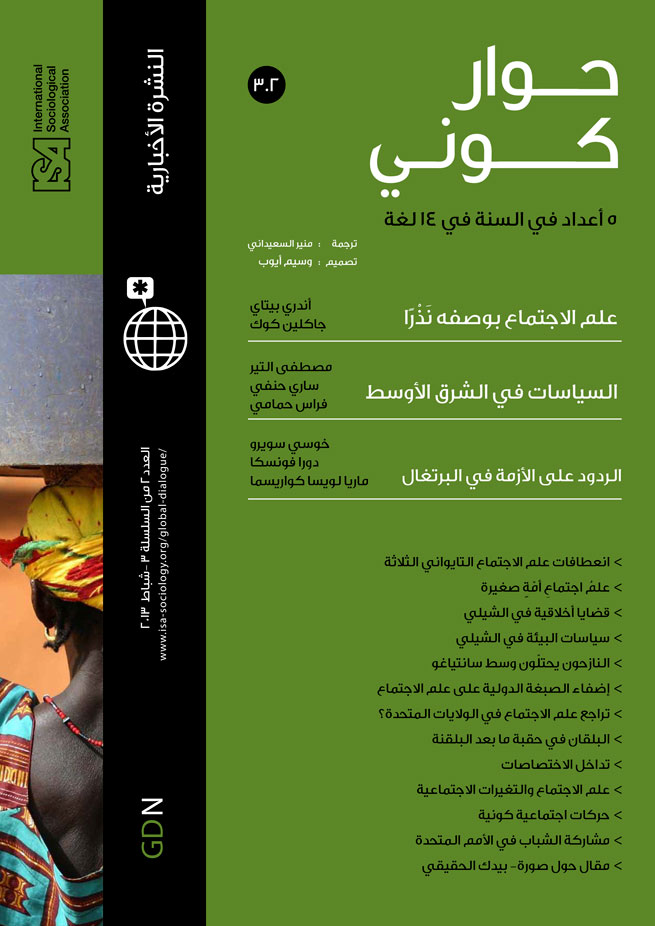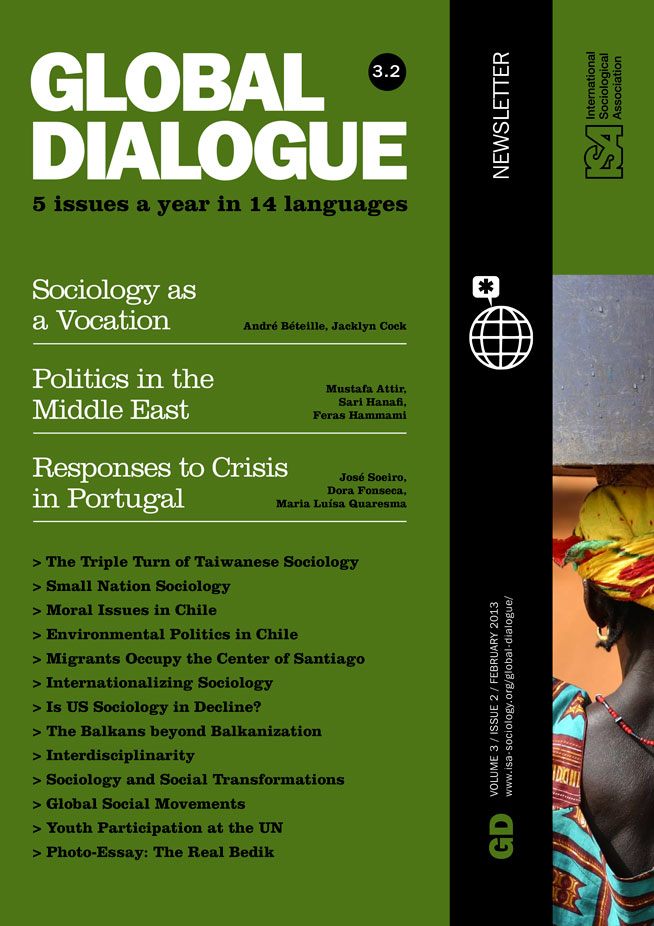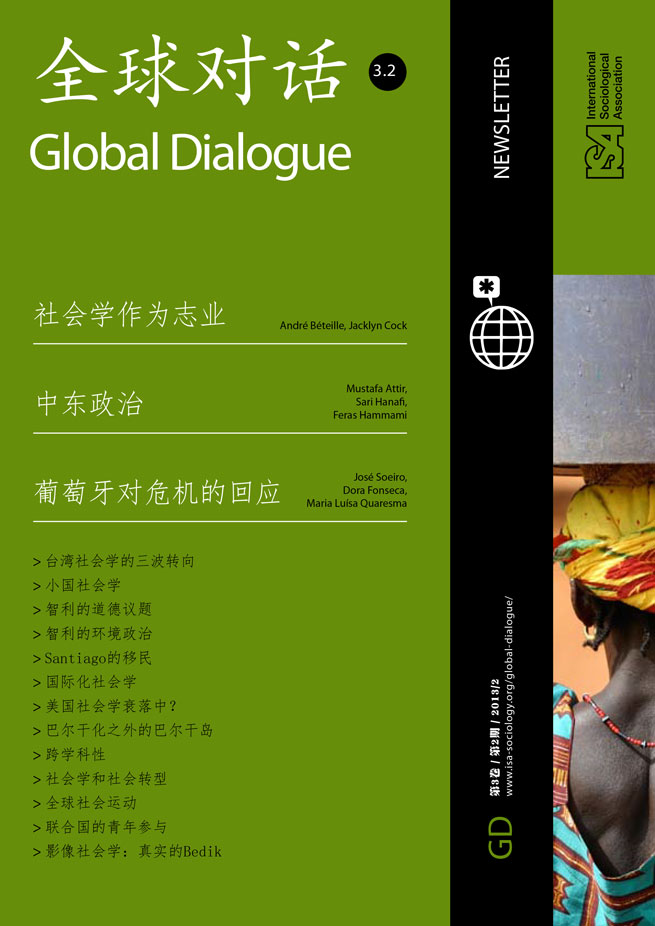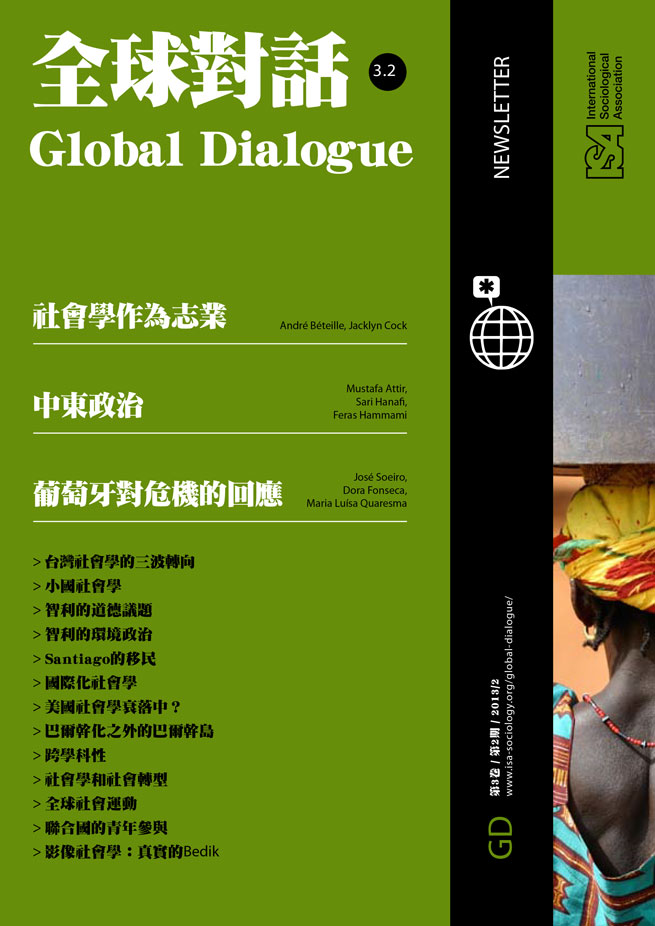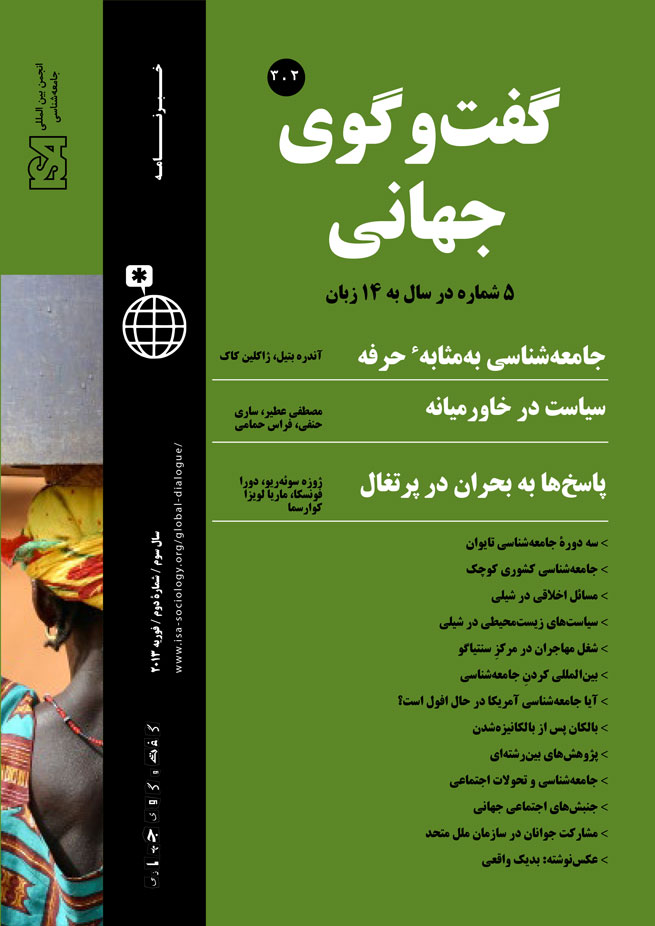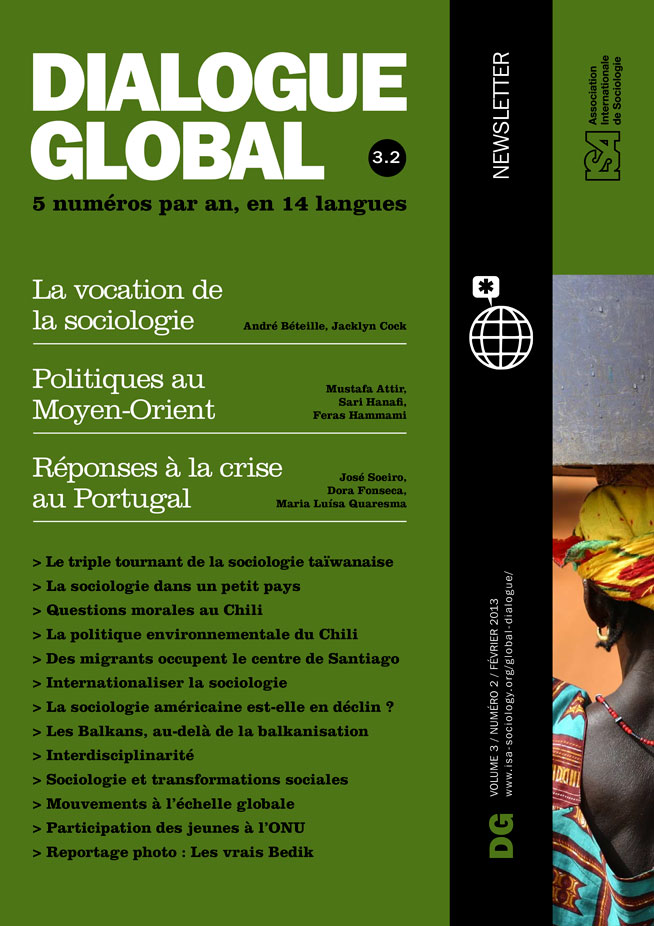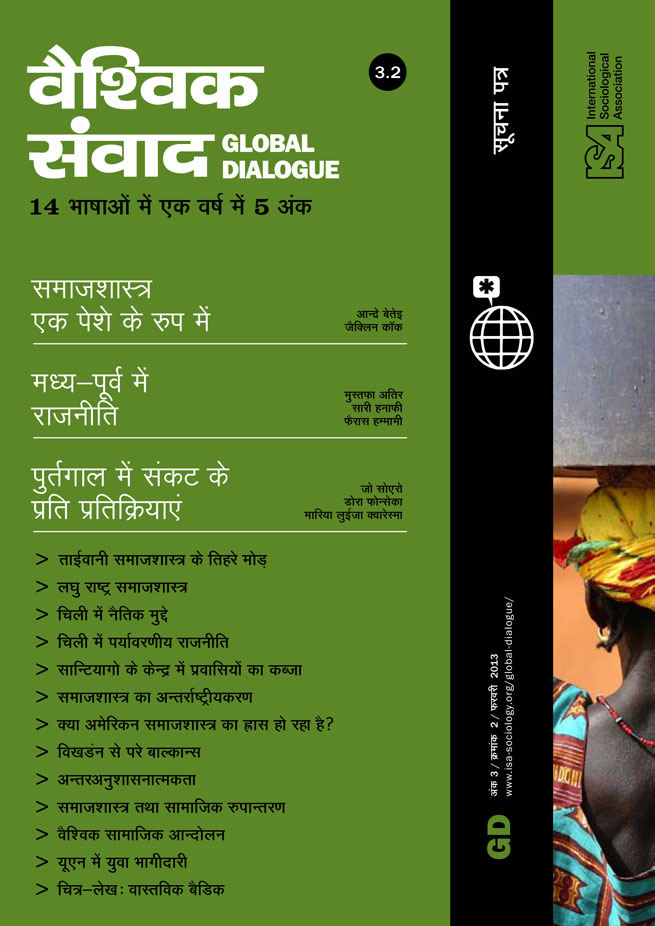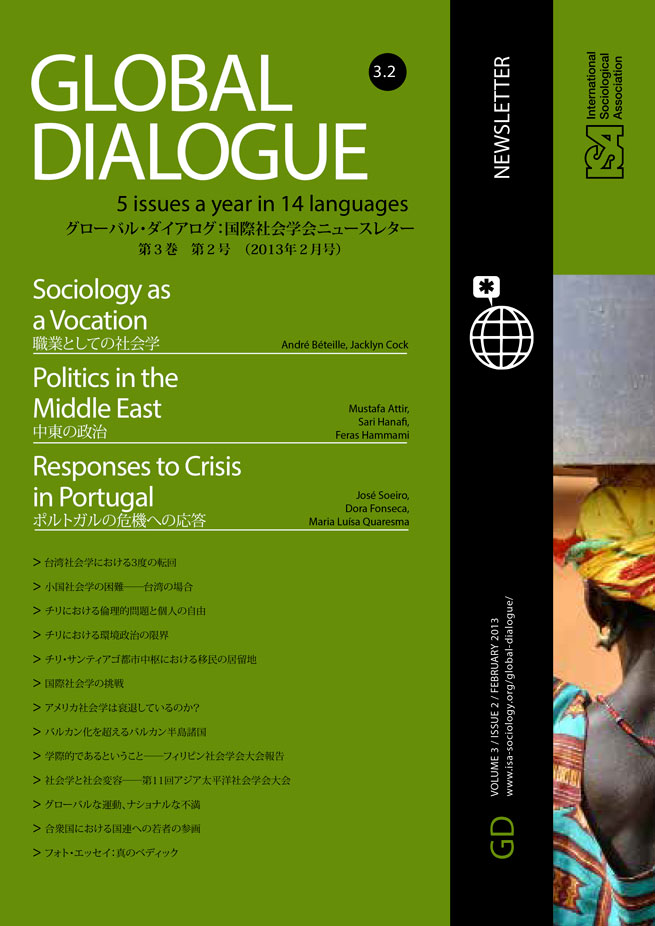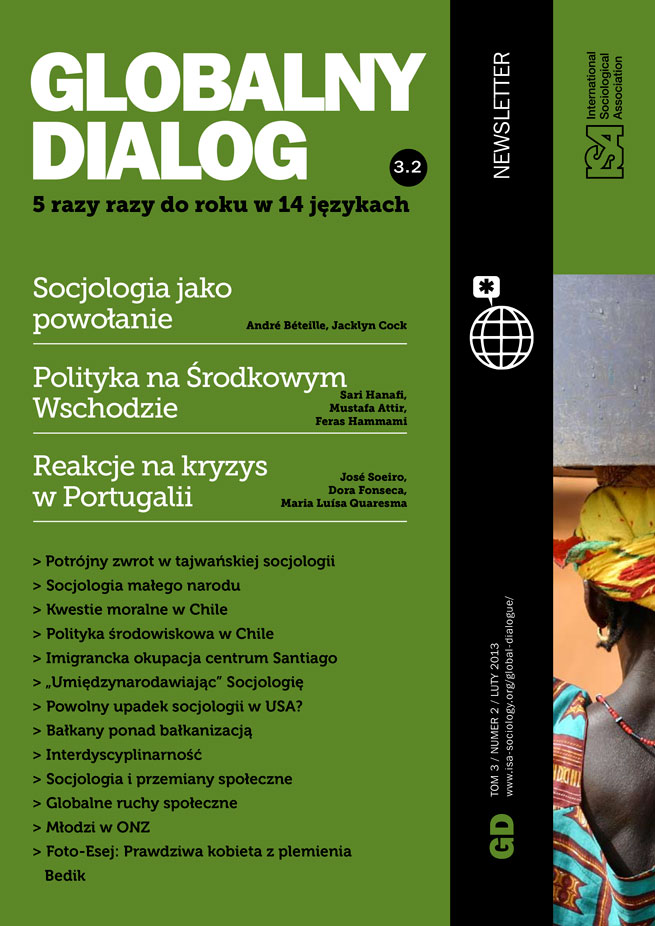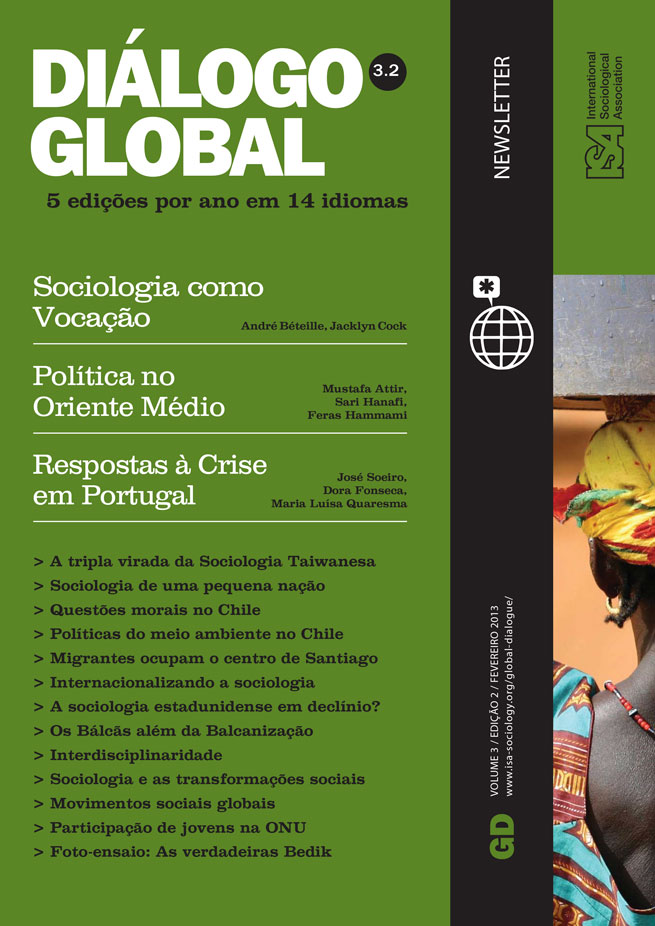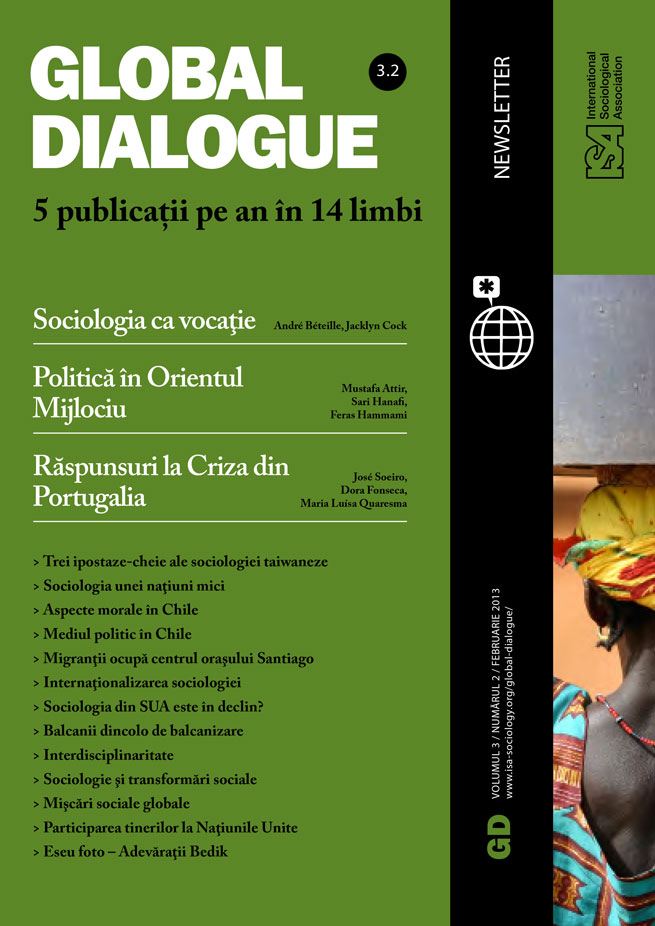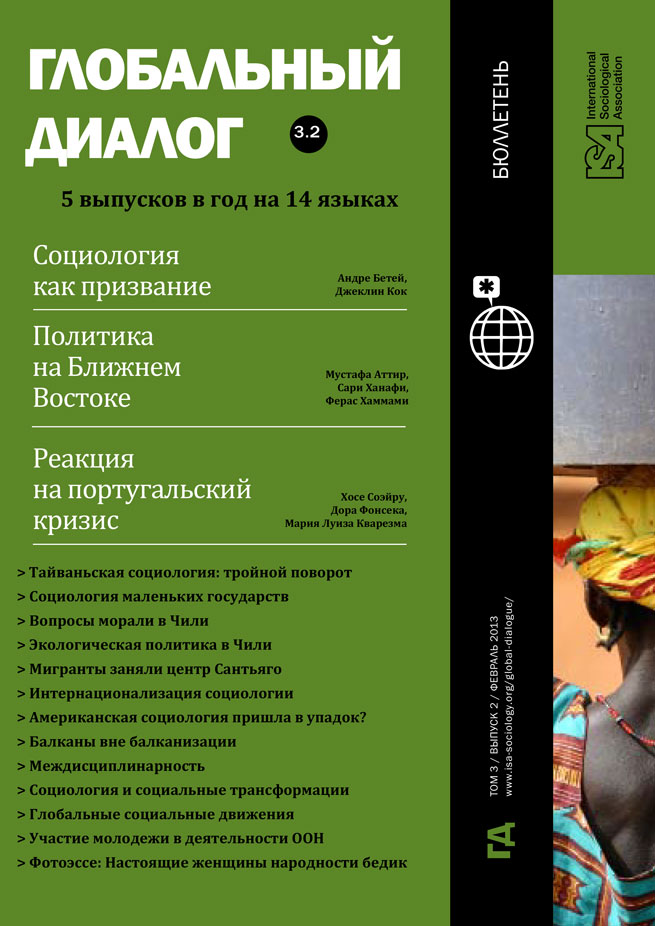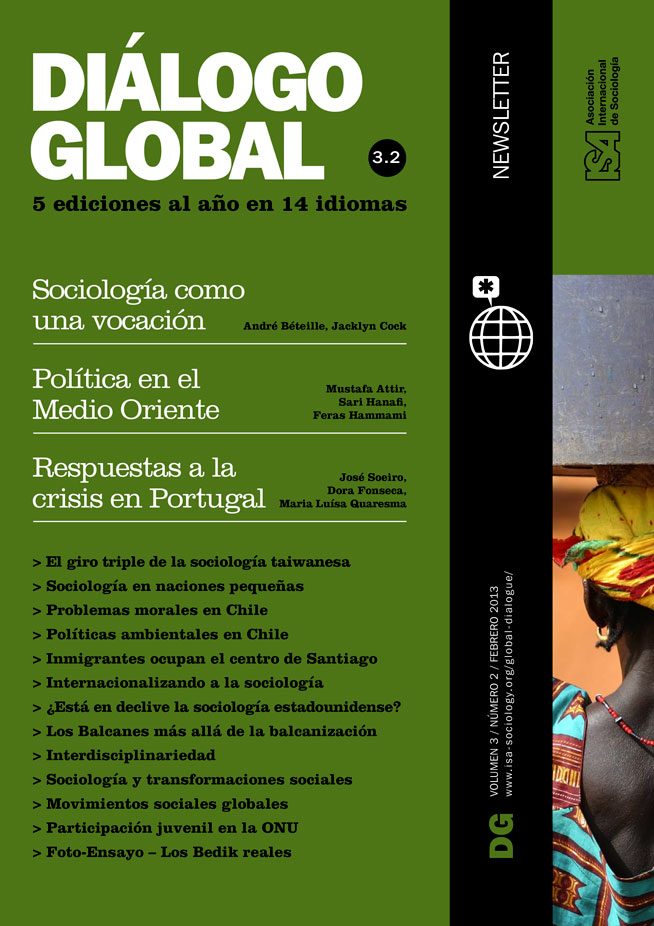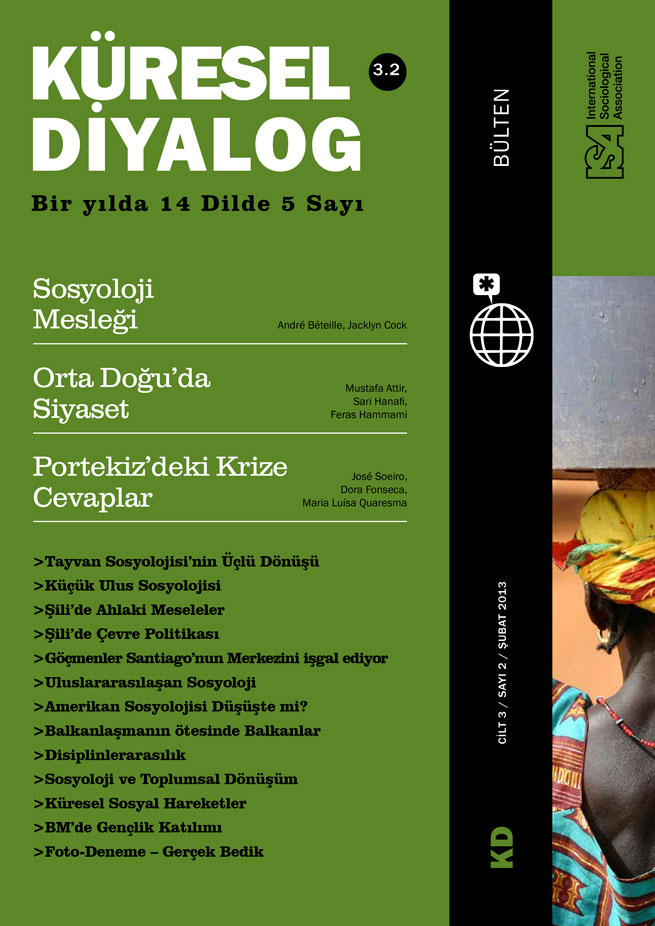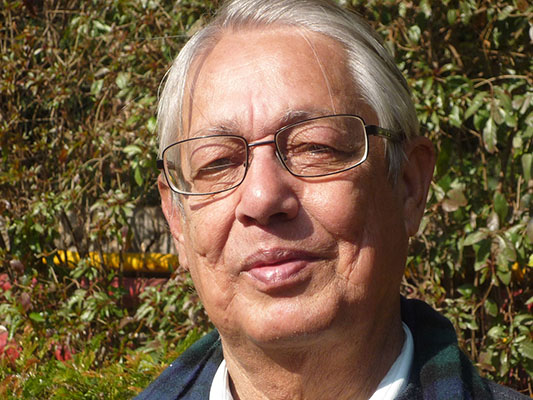Read more about Sociology as a Vocation
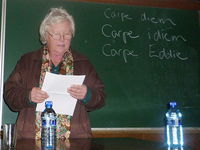
The Vocation of Sociology – Exposing Slow Violence
by Jacklyn Cock
February 15, 2013
André Béteille has been called the “wisest man” in India, and with good reason. Starting with his canonical monograph, Caste, Class and Power, which brings Weberian sociology to an anthropological village study, Béteille has written on almost every dimension of inequality, and on a wide range of related public issues. He has won many accolades and awards, and chaired the Indian Council of Social Science Research. He resigned from the Prime Minister’s National Knowledge Commission when it proposed increasing caste-based reservations. He is very much the public sociologist with strong professional commitments, having written in all the leading newspapers and spoken out when public opinion or public policy is at odds with his sociological knowledge.
The adoption of sociology as a vocation requires one to acquire and maintain a sense of sociology as a distinct intellectual discipline. At the same time, if we are to pursue sociology as a vocation and not just as a career, it will not be enough to focus only on the technical apparatus of the discipline, although that also is important and cannot be treated lightly. Sociology as an intellectual discipline has developed a large, though loosely connected body of concepts, methods, and theories and that has to be treated as a valuable resource by every practicing sociologist.
Sociology has to be distinguished from common sense which is limited in its reach, and uses many unexamined assumptions for interpreting and explaining everyday phenomena. Sociology should not go against common sense but must go beyond it to reach a broader and deeper view of the operation of society. The subject matter of sociology is such that it is far more difficult to insulate it from the assumptions and judgments of common sense than, say, particle physics or molecular biology. Again, while current affairs may be grist to the sociologist’s mill, the sociologist differs in his orientation to current affairs from the journalist.
As an intellectual discipline, sociology may be viewed in terms of three attributes: (i) it is an empirical science; (ii) it is a systematic science; and (iii) it is a comparative science. As an empirical science it seeks to maintain a clear distinction between value judgments and judgments of reality, or between “ought” questions and “is” questions. To be sure, the study of a society requires the study of its norms and values, but the sociologist studies norms in the descriptive and not the prescriptive sense. Further, the sociologist seeks to examine in a systematic way the interconnections among social processes, without any presumption as to whether those interconnections are basically harmonious or basically discordant. Finally, sociology is a comparative science which seeks to place on the same plane of observation and enquiry all human societies, the sociologist’s own society as well as other societies.
My commitment to the comparative method has made me a strong advocate of the unity of sociology and social anthropology. Most Indians in fact study Indian society and culture, but the country is so large and its population so diverse that one can study the entire range of social arrangements within the same country. The natural tendency in India is to work on the presumption of the unity of sociology and social anthropology whereas in the West the tendency has been to separate the study of “advanced” societies described as sociology from the study of preliterate, tribal, or peasant communities which is assigned to anthropology.
The same commitment to the comparative method has made me skeptical of the view commonly advocated in India that Indians should develop their own distinctive sociology of India so as to free themselves from the constraints of a Western framework of enquiry and analysis. The general framework of sociology may have originated in Europe and America and may still be biased by presumptions arising from those societies, but there is no reason to believe that that framework is rigid and inflexible and cannot change. In fact it has changed continuously, and I have myself written general works on inequality with at least the expectation that they will be read by students in India as well as outside India.
In a long career of teaching postgraduate students in a premier academic institution, I have struggled, like most of my colleagues in India, with the need to harmonize the teaching of “sociological theory” with “the sociology of India.” In the courses on “theory” students are taught about Marx, Weber, Durkheim, Parsons, Merton, and so on, while in the ones on India they are taught about village, caste, and joint family, so naturally, they find it hard to make the connections between the two sets of courses.
I have, in the course of my teaching, developed an approach based on what I call “sociological reasoning.” After explaining the defining features of sociology as an intellectual discipline, I discuss a variety of specific topics. I often begin with politics and speak about “politics as a subject for sociology.” After all, politics is of interest to a wide range of people. What I ask is whether there is something distinctive that sociology brings to the understanding of politics. The same question may be asked about religion. Religion attracted serious intellectual attention from theologians and philosophers long before sociology became an intellectual discipline: did sociology introduce something new to the understanding of religion? We may ask the same question about family, kinship, and marriage, and a host of other subjects.
I have used the idea of sociological reasoning to carry the findings of sociological enquiry and investigation to a wider public. My view is that the sociologist should write for his profession, but not for his profession alone. He has also a responsibility to reach out to a wider public. Hence, in addition to publishing papers in professional journals, I have also contributed editorial page articles to some of the leading dailies of India, such as the The Times of India, The Hindu and The Telegraph. But although I have made occasional use of these dailies I have tried to avoid writing like a journalist, who has to comment on events from one day to the next, but have tried instead to interpret such events in a larger historical and sociological perspective.
My view of myself has always been that I am a sociologist and not a moralist. My own special interest as a sociologist has been in the comparative study of inequality. As is well known, inequality is a deep-rooted and pervasive feature of Indian society. Educated Indians love to moralize about the evils of inequality and the virtues of equality. But inequality cannot be wished out of existence simply by denouncing it in public. I have devoted a great deal of time to understanding the different forms and dimensions of inequality and the social currents by which they are altered, transformed, weakened, or reinforced. I have tried always to maintain a pragmatic attitude to equality and inequality as against the utopian or the fatalistic ones which are, in the end, two sides of the same coin.
André Béteille, Delhi University, India
This issue is not available yet in this language.
Request to be notified when the issue is available in your language.
If you prefer, you can access previous issues available in your language:
